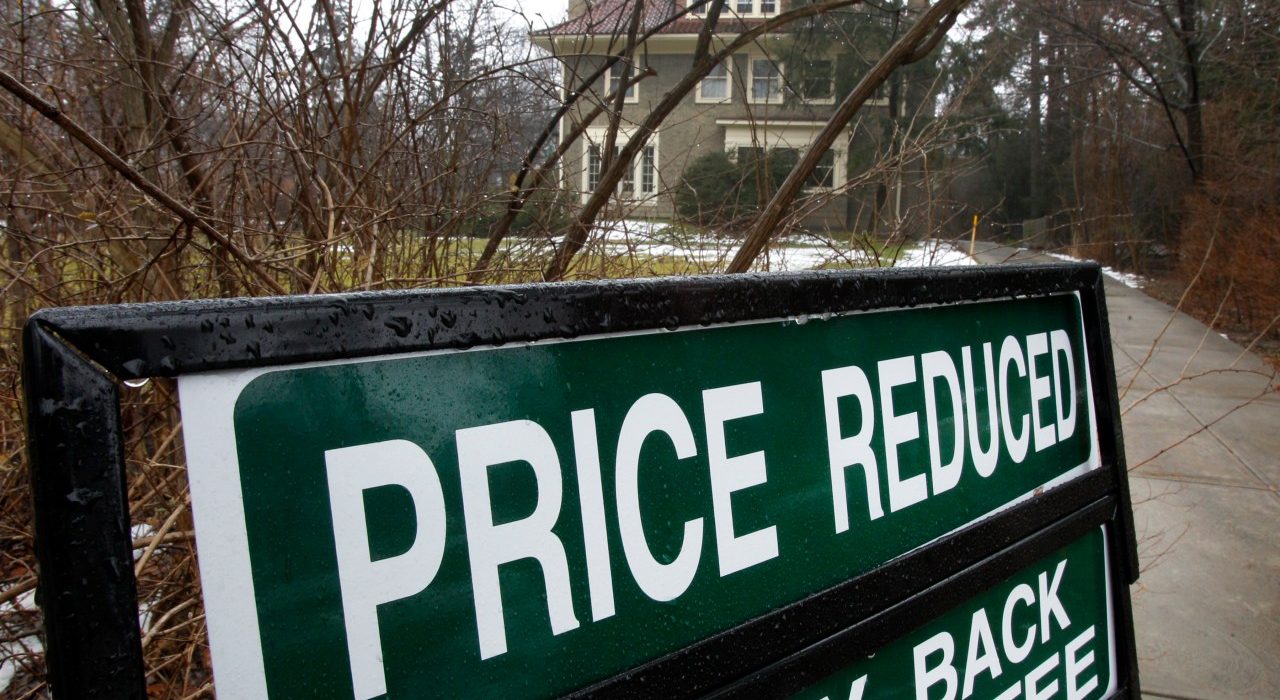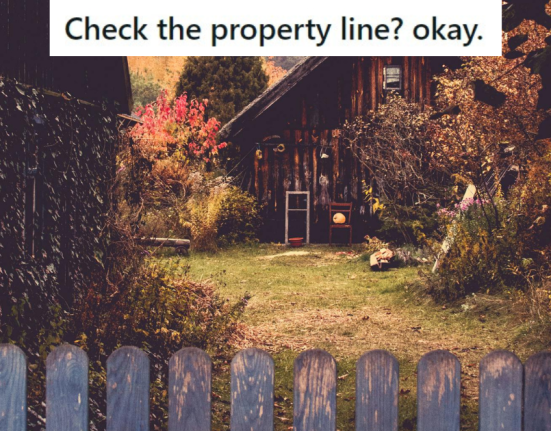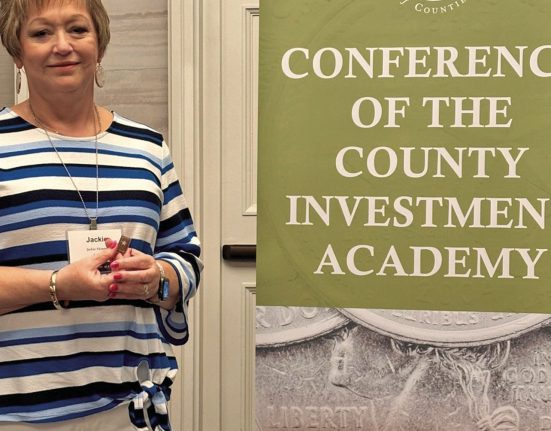COLUMBUS, Ohio (WCMH) – There are several property tax related bills at the Ohio Statehouse, as lawmakers work to bring Ohioans some relief.
The latest statehouse effort to address property taxes aims to leave the decision up to voters. House Joint Resolution 6, sponsored by Representatives Beth Lear (R-Galena) and Scott Wiggam (R-Wayne County) will ultimately ask voters whether they want to see their property tax increases capped, if it passes the statehouse.
“I think what’s really important is that we give the people in the state of Ohio the chance to decide if they want to limit their property tax increases or not,” Lear said. “It is a tourniquet for a gushing wound because we need to stop the bleeding while we work on things.”
It is a proposed constitutional amendment that would make it so property taxes can increase by no more than 4%, or the rate of inflation, whichever is lower at the time.
“It does not stop levies from being on the ballot. But if you have multiple levies that would result in more than 4% and they all passed, it would bring them all down,” Lear said. “We have to pay taxes, but we need homeowners too, and if you are taking people out of their homes that’s a problem.”
“We’re the legislature, why do we need a constitutional amendment to do this when we can do this in revised code? I’m not quite sure what the intent there is,” Ohio House Minority Leader Allison Russo (D-Upper Arlington) said. “Doing some sort of cap, that’s a very blunt instrument to solve a very complicated issue of property taxes.”
Lear said this is something that would help all Ohioans, rather than some of the current legislation that she said would only help certain Ohioans.
“Homestead exemptions help, but they only help pockets of people. And we need to help the entire state of Ohio get our property taxes at a place where they are realistic,” she said.
But if this is ultimately approved, it could mean the loss of hundreds of millions of dollars to things that rely on property tax revenue, like schools, fire stations and libraries.
“If the people who are the ones paying all the taxes and they agree and vote it into place, that is going to force the legislature to deal with the overall property tax issue,” Lear said.
“The devil is in the details on such a proposal,” Speaker of the House Speaker Jason Stephens (R-Kitts Hill) said.
Lear said the ballot in November “would have been ideal,” but said there is likely not enough time to get it done in time for that. But Russo said she thinks there are better ways to address the issue than a constitutional amendment.
“I’m much more interested in addressing this issue, which absolutely we need to address in a timely way, in that manner, rather than just arbitrarily setting this sort of cap that we’re going to put in the constitution,” Russo said. “That doesn’t seem like good lawmaking to me.”
The statehouse’s Property Tax Review Study Commission, made up of both state senators and state representatives, just had their eighth meeting, and will work on recommendations to address increasing property taxes.
“We have a study commission right now whose job is to look at holistically this issue and come up with proposals that take all of the unintended and maybe intended consequences into consideration,” Russo said.
But despite the call from action from leadership, and from both sides of the aisle, while related legislation has moved forward, none have quite made it to the governor’s desk yet during this general assembly.
“It is a big broad issue that has been around for 200 and some years, as long as the state of Ohio has been around,” Stephens said.
Stephens said another piece to the property tax puzzle is transparency in levies.
“Property taxes are the one tax that never leaves the county border,” he said. “So, they are where they are because voters have voted for them at one time or another.”
There is a bill to eliminate a certain type of levy, to help Ohioans know more clearly when they are voting for a property tax increase.
Stephens said he wants to bring Ohioans that clarity.
“We want to make sure that it’s transparent and clear that when you vote for something that [you know] what it supports,” Stephens said. “It is supporting the fire department, its supporting schools, it is supporting the library or whatever and making sure there is that transparency and honesty.”
That bill passed committee at the start of May but has yet to have a House floor vote. If the bill does not pass both the House and Senate by the end of the year, it will have to be reintroduced at the start of next year when the next General Assembly starts.







